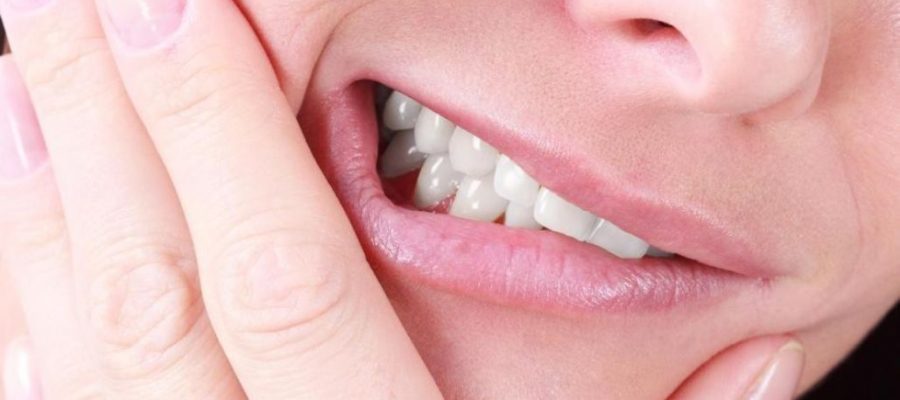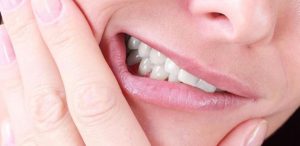
Bruxism, or teeth grinding, is a common condition that often occurs during sleep, leading to jaw pain, headaches, and damage to the teeth. At Dr. GO Smile, we understand the importance of addressing this issue to ensure both your dental health and comfort. Here are five effective strategies to help prevent nighttime teeth grinding and protect your smile.

1. Reduce Stress Levels
Stress and anxiety are primary causes of teeth grinding. To reduce stress, try calming activities before bed, such as meditation, breathing exercises, or gentle stretches. Activities that help you unwind can reduce tension in the jaw, making it easier to avoid unconscious clenching while you sleep.
2. Consider Botox Treatment
Botox injections can be highly effective for bruxism, especially for severe cases. By relaxing the masseter muscle, which is responsible for clenching, Botox reduces the force of grinding and eases jaw tension. Treatment typically lasts for several months and can provide relief from symptoms like headaches and jaw discomfort. Botox is a safe, minimally invasive option to consider if other methods haven’t provided sufficient relief.
3. Wear a Custom Night Guard
A custom-made night guard is one of the most reliable solutions for protecting your teeth against grinding damage. This device acts as a cushion between your teeth, absorbing the force exerted while grinding. It’s designed to fit comfortably and align with your unique dental structure, providing an ideal barrier against wear and tear.
4. Limit Caffeine and Alcohol Intake
Caffeine and alcohol can increase muscle activity and disrupt sleep, potentially worsening bruxism. Limiting caffeine, especially in the afternoon, and avoiding alcohol close to bedtime can encourage a more relaxed state, reducing the chance of clenching and grinding.
5. Improve Sleep Habits
A restful sleep environment and consistent bedtime routine can help reduce teeth grinding. Aim for a regular sleep schedule, dim lights in the evening, and limit screen time before bed. Good sleep hygiene promotes deep sleep, which minimizes stress-related habits like grinding and clenching.
By following these tips, you can effectively manage or reduce teeth grinding, protecting your dental health and improving your overall well-being. If you’re experiencing ongoing symptoms, consult Dr. GO Smile to explore custom treatments and get professional guidance tailored to your needs.
